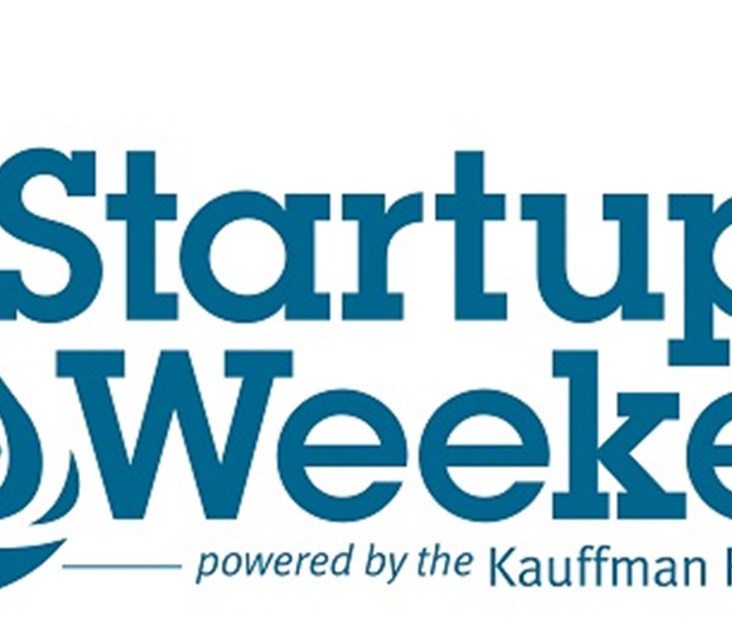Thomson Reuters Acquires Zawya [Exclusive Interview with Founder Ihsan Jawad]
Back![Thomson Reuters Acquires Zawya [Exclusive Interview with Founder Ihsan Jawad]](/ContentFiles/3462Image.jpg?w=732&mode=fit&scale=both)

Iraqi born entrepreneur Ihsan Jawad was raised in the UK, studied in London and worked as an investment banker for Merril Lynch and Shroders (now City Group). He founded Zawya Limited, one of Safar Holdings companies, a leading online business intelligence platform focusing on the Middle East and North Africa. He also founded Honeybee Tech Ventrues in 2010, the company behind online recruitment website Laimoon and also Roundmenu.com.
Thomson Reuters recently announced the acquisition of Zawya. ArabNet conducted an exclusive interview with Ihsan to find out more about the deal and his plans for the future.
How and why did you found Zawya?
Hussein Makieh, Ziad Jawad and I founded Zawya back in 2000 in London, and later moved it to Dubai in 2002. The company started operating from my own bedroom, but later grew into a leading company in the field, generating millions of dollars in profit every year and employing 200 individuals. Zawya was created to fill a gap in the local market. Its purpose was to present financial information, analyze financial markets, and archive a comprehensive database on startups in the MENA region.
What are Zawya’s biggest achievements over the course of the last 12 years? What are the major obstacles that you faced?
Overall the journey was a thrill, along with some obstacles naturally. I would say our biggest achievements were empowering local companies through our partnership with Dow Jones Newswires in 2006, and our acquisition by Thomson Reuters this year. A major obstacle was sailing into completely new and untested waters in the region. Providing financial information and analysis for an annual subscription fee was uncommon since we were the first company to offer information as its main product. in the region But we eventually managed to lure in big companies that value such a product.
What are the companies that competed with Zawya afterwards? What was Zawya’s edge?
Several big companies entered the space afterwards. Arabian Business, MENA FM, MENA Report and Arab Finance to name a few, but none of them managed to achieve similar success to Zawya, since they only offered content free of charge. We believe that our success was the result of our unique mix of free and paid exclusive content. We gradually dominated the market and managed to stay on top by employing a winning marketing strategy and offering high quality information which now allows Zawya to charge around 10000 USD for a year’s subscription per member. We believe that this will keep us on top and will push Zawya further ahead of its competitors in the future.
Why did you decide to step down as CEO and occupy the Vice Chairman role instead?
As Zawya evolved from a startup to a big regional leader, it was important to find someone a proper management. That’s why we appointed Jean-Marc Paufique, then the Managine Director of Thomson Reuters Middle East and North Africa. This would also allow me and my partners to pursue other projects, namely turning Honeybee Tech Ventures into another success story, in addition to launching new web services that the regional market yearns for.
What attracted Thomson Reuters to acquire Zawya?
High profitability, our long list of clients and growth potential. 80% of our clients renew their annual subscription. Some have been with us since 2004 because of the quality of our product.
This is Thomson Reuters’ second acquisition in the Middle East this year after Lexgulf. In spite of the political unrest that has marred the region lately, what pushed Thomson Reuters to go ahead with these successive acquisitions?
Global business entities have a strong interested in the region. The services and information sectors have been growing exponentially. Thomson Reuters grew 2% last year, therefore a market as big as MENA definitely presents a big interest for such a giant company.
Do you think this move will encourage other global companies to move in and acquire regional companies? In your opinion, how can startups succeed in this regard?
Definitely! Profit and growth are the main dimensions that global companies look for. On the other hand however we know, for sure, that exiting in this part of the world is difficult since few companies are making considerable profits.
Finally, what is your message to regional startups?
The most important things are innovation and creativity. Find a problem! The problem has to be big enough that it keeps people awake at night. Don’t exaggerate it though. Some entrepreneurs tend to do that, and that impedes them from achieving success in return. After that you have to dedicate your time, effort and capital, or capital from investors, towards that goal. Make sure you study and assess it carefully and honestly and place it in the right context. I believe that is what we did with Zawya. We filled a need for strategically significant information for established and startup companies alike. Take Google for example, they became what they are taoday because they were successful at identifying a problem, searching the web for information, and solved it. Having an exceptional and distinct idea is the second factor. Also, never give up!
You can connect with Ihsan on LinkedIn here.
Latest Business
Intelligence Report














